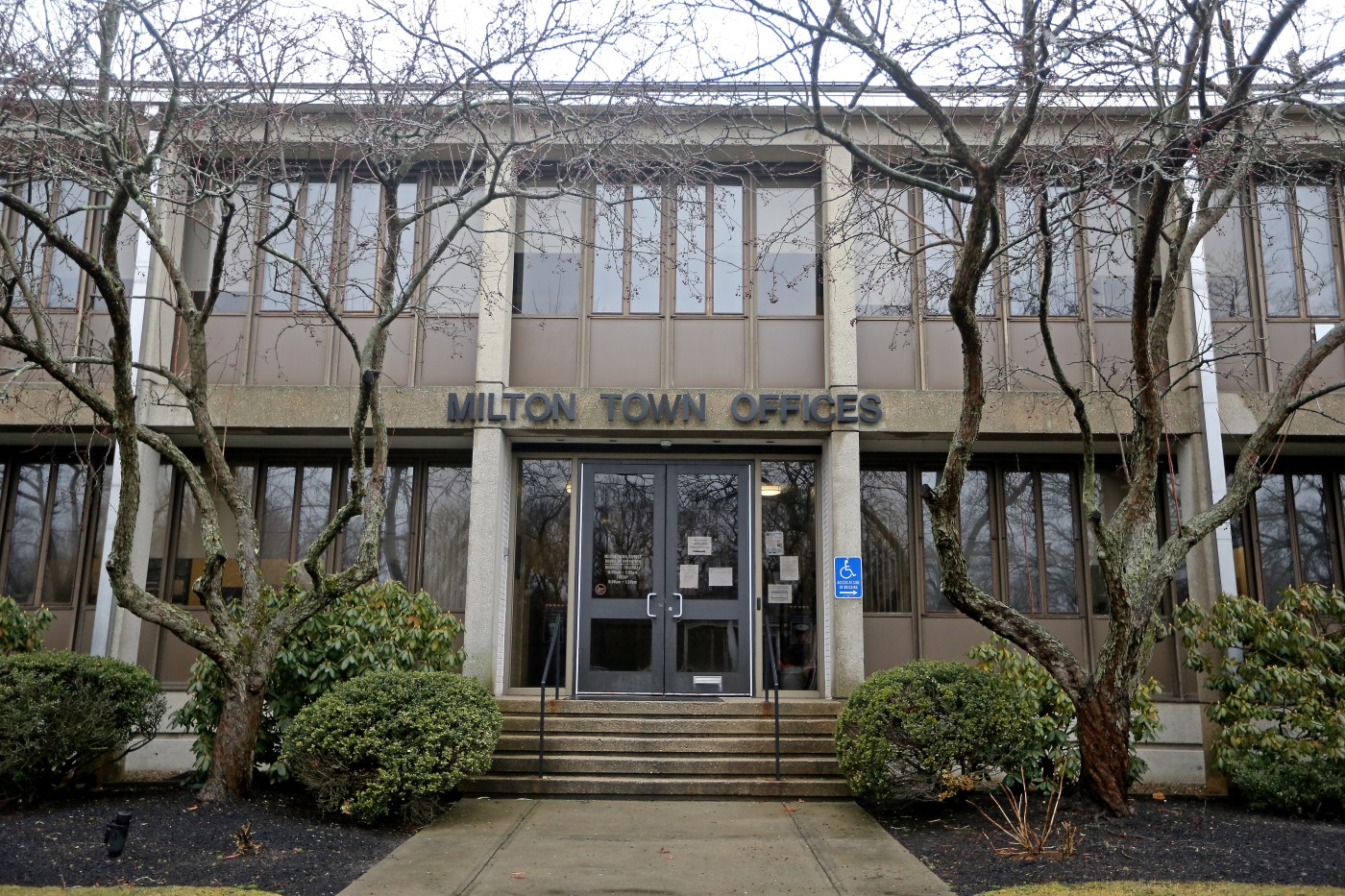
Milton housing lawsuit headed to SJC
The attorney general’s lawsuit seeking to force Milton to comply with the 2021 law meant to spur badly-needed housing production across Greater Boston will go before the full Supreme Judicial Court this fall.
Justice Serge Georges ruled Monday that the case raises important questions that ought to be settled or else they will keep popping up, and ordered both sides to prepare for oral arguments before all seven justices of the high court in October.
Attorney General Andrea Campbell in February filed a lawsuit against Milton and its building commissioner, Joe Atchue, alleging violations of the MBTA Communities Act, which requires cities and towns near T service to adopt zoning that allows multifamily housing by right in certain areas. She argued that the law does not allow for communities to opt out of new zoning requirements, but Milton officials contended that the only punishment for not complying is ineligibility for state grants.
“After considering the parties’ submissions, I believe that this case raises novel questions of law which are of public importance, and which are time sensitive and likely to recur, i.e., the scope of a municipality’s legal obligations under [the MBTA Communities Act], and under the related Guidelines, and whether the Attorney General has authority and standing to enforce compliance with the same,” Georges wrote. “Therefore, in my opinion, the matter would best be decided by the full court…”
Milton Town Meeting approved a plan that would have complied with the law, but opponents of the changes worried about excess development pursued a referendum, and a majority of Milton voters last month chose to spike the compliant zoning plan.
The state swiftly revoked a recent $140,800 seawall and access improvement grant, and said the town will be ineligible to receive future MassWorks and HousingWorks grants and will be at a competitive disadvantage when seeking other state funds.
As the lawsuit against Milton heads towards a fall date with the SJC, signs of a growing municipal resistance are cropping up in other towns that face an end-of-the-year deadline to comply with the law themselves. Many of those towns, like Wrentham, are expected to consider zoning plans at spring or fall town meetings.


